This Year in Culture
One thing I learned in 2010: Not even the BP oil spill could rub out Louisiana'ssoul
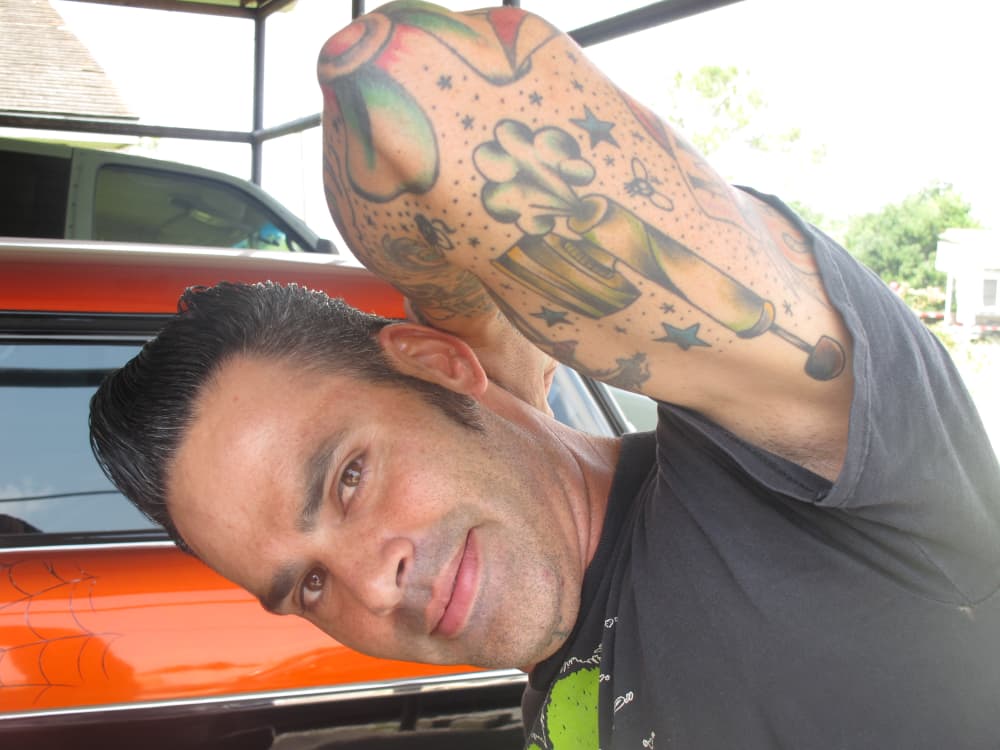 I miss the people of Louisiana. They are fresh.Photo by Katie Oxford
I miss the people of Louisiana. They are fresh.Photo by Katie Oxford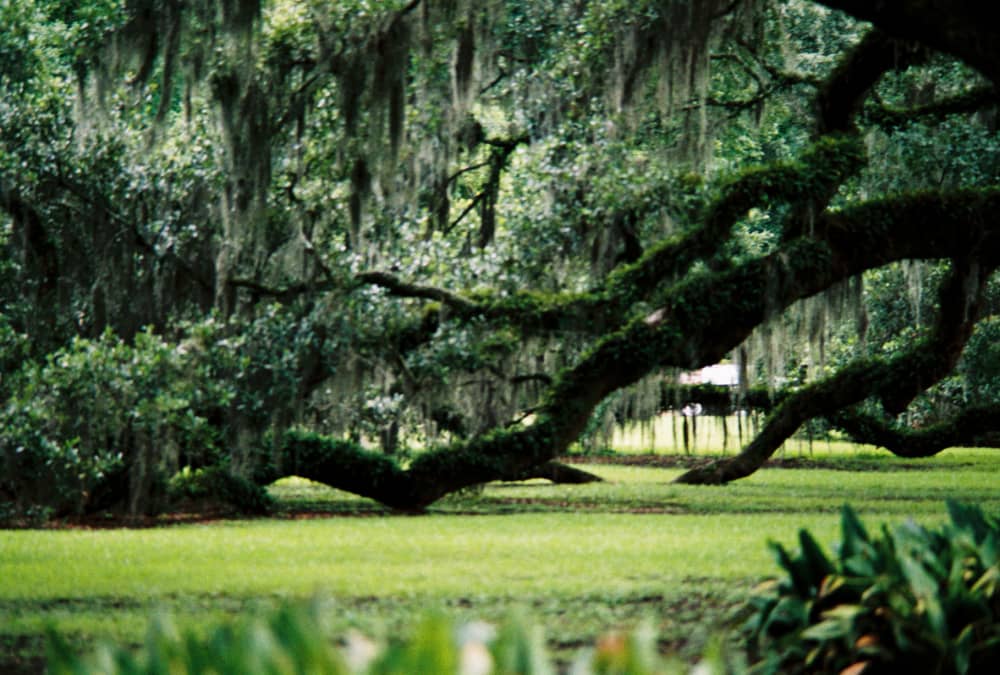 I miss the colors of Louisiana. Variations, it seems, of a thousand greens.Growing from the ground up, covering tin roofs, rounding corners…creepy crawlythings that are able to find the smallest crease and thrive.Photo by Katie Oxford
I miss the colors of Louisiana. Variations, it seems, of a thousand greens.Growing from the ground up, covering tin roofs, rounding corners…creepy crawlythings that are able to find the smallest crease and thrive.Photo by Katie Oxford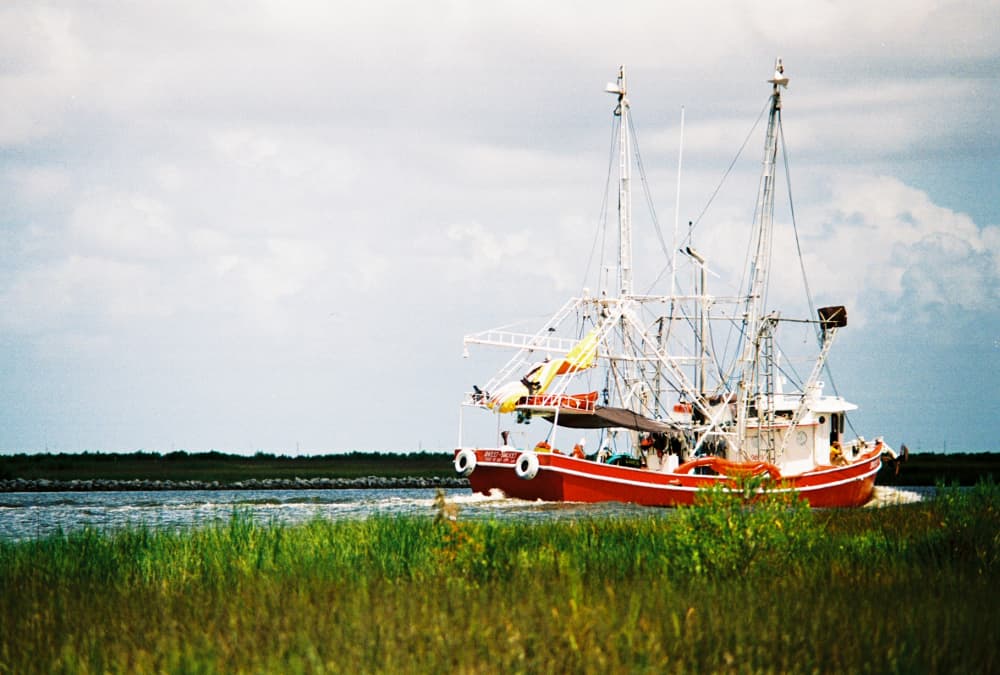 Red trawler boats, worn and peeling, yet still bright in color, like the smilingface of a bearded old man.Photo by Katie Oxford
Red trawler boats, worn and peeling, yet still bright in color, like the smilingface of a bearded old man.Photo by Katie Oxford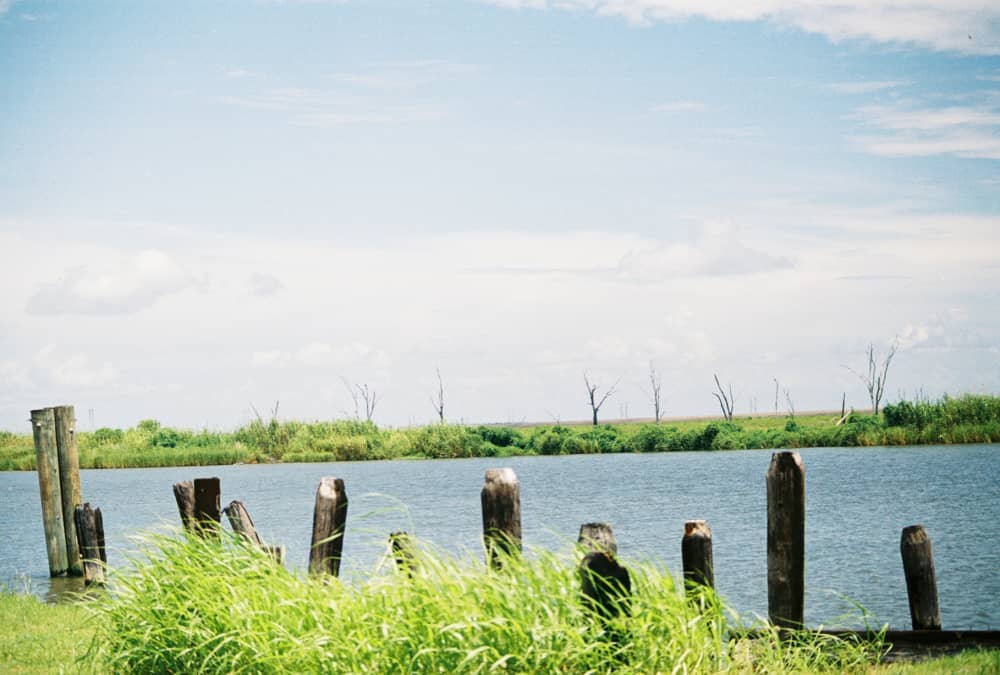 Not the oil, or the bigger crime, the poison used to disperse it, not evenpolitics could destroy what makes Louisiana so special.Photo by Katie Oxford
Not the oil, or the bigger crime, the poison used to disperse it, not evenpolitics could destroy what makes Louisiana so special.Photo by Katie Oxford The people of Louisiana are as connected to place as the marsh is to the Gulf.Photo by Katie Oxford
The people of Louisiana are as connected to place as the marsh is to the Gulf.Photo by Katie Oxford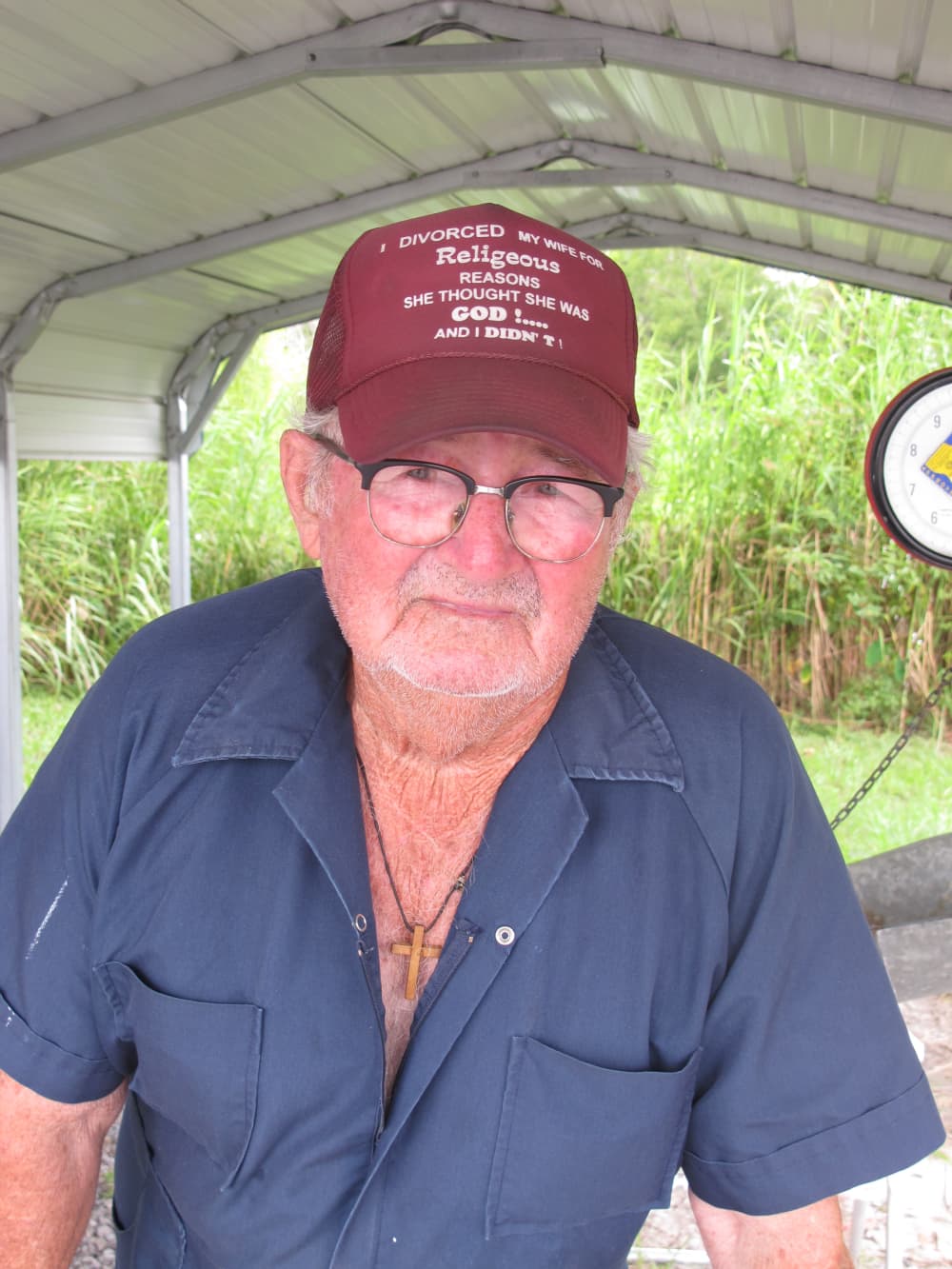 They are funny in both humorous and odd ways.Photo by Katie Oxford
They are funny in both humorous and odd ways.Photo by Katie Oxford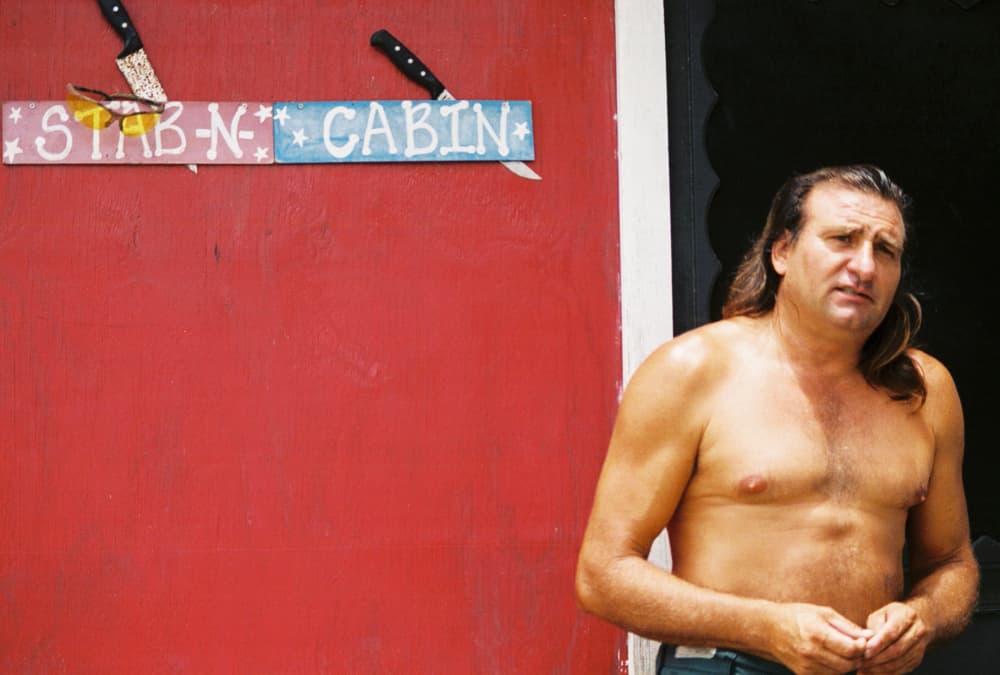 Their culture is not one of hurry.Photo by Katie Oxford
Their culture is not one of hurry.Photo by Katie Oxford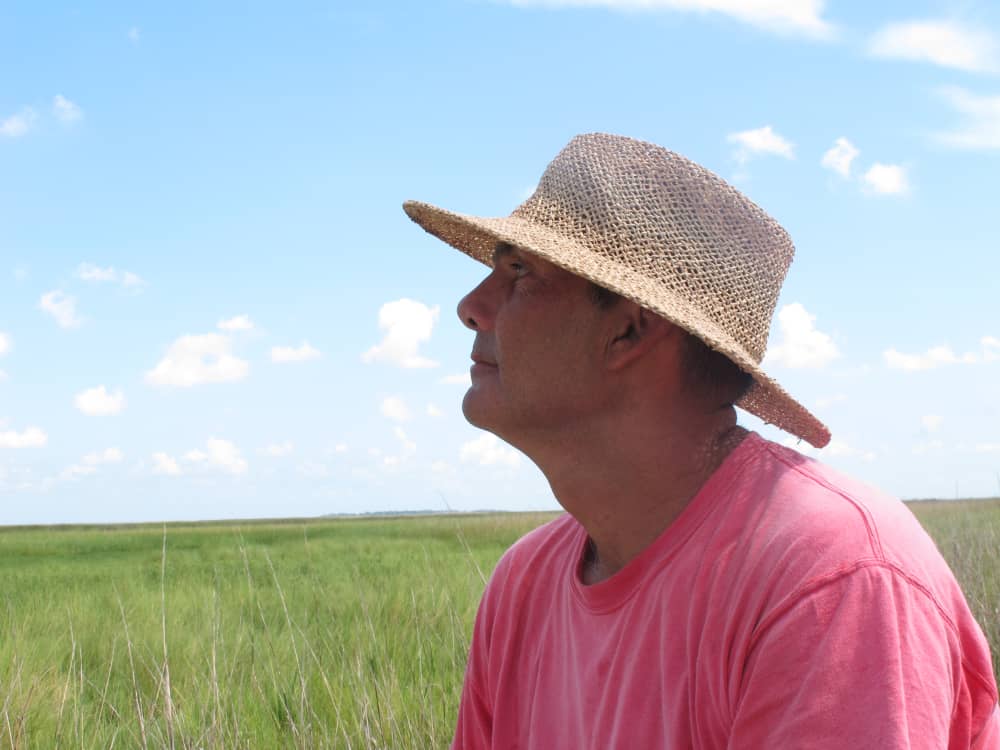 It’s a culture of present time and unforgotten courtesy.Photo by Katie Oxford
It’s a culture of present time and unforgotten courtesy.Photo by Katie Oxford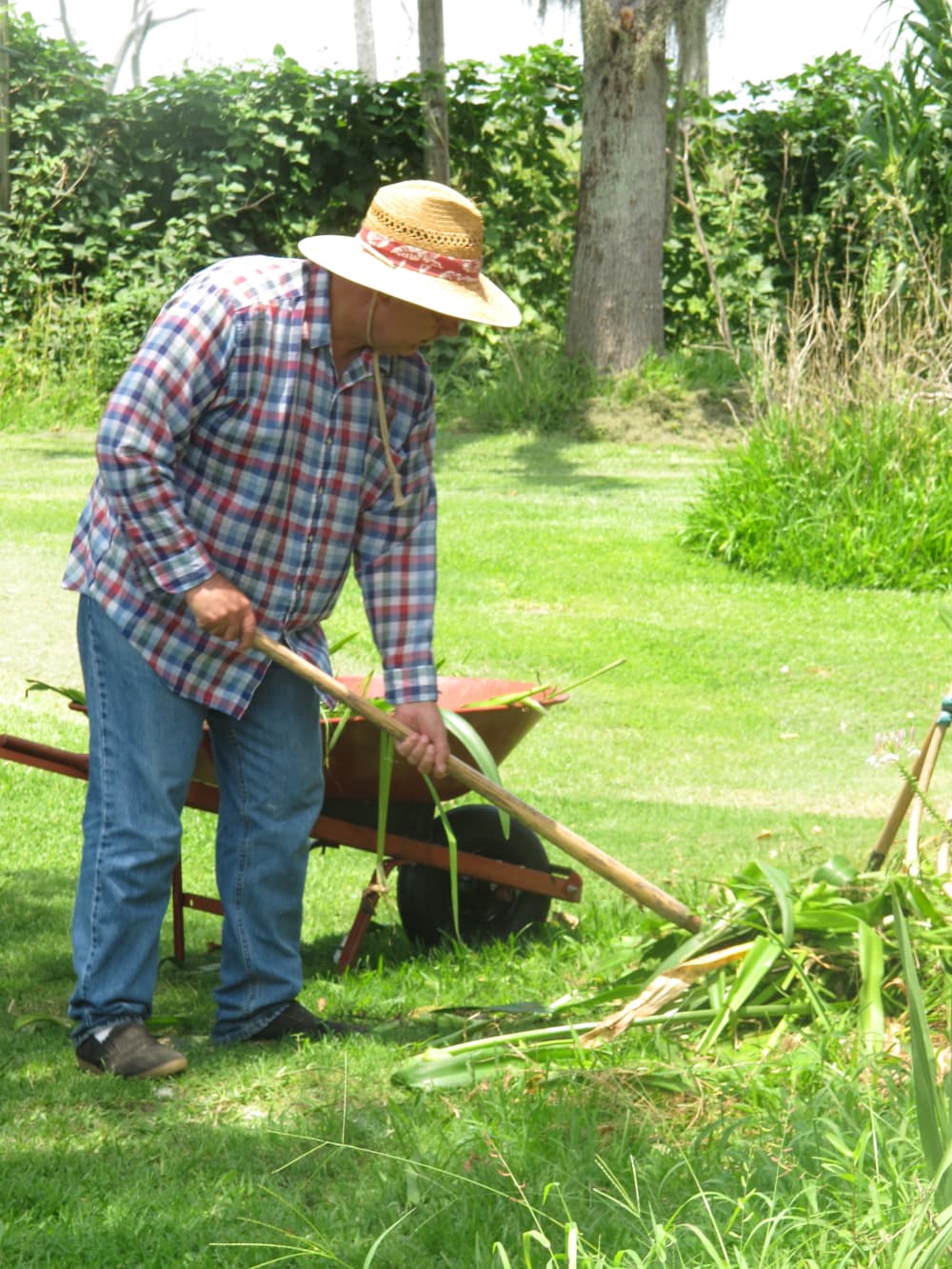 Giving a greeting or yielding to someone comes naturally to these folks.Photo by Katie Oxford
Giving a greeting or yielding to someone comes naturally to these folks.Photo by Katie Oxford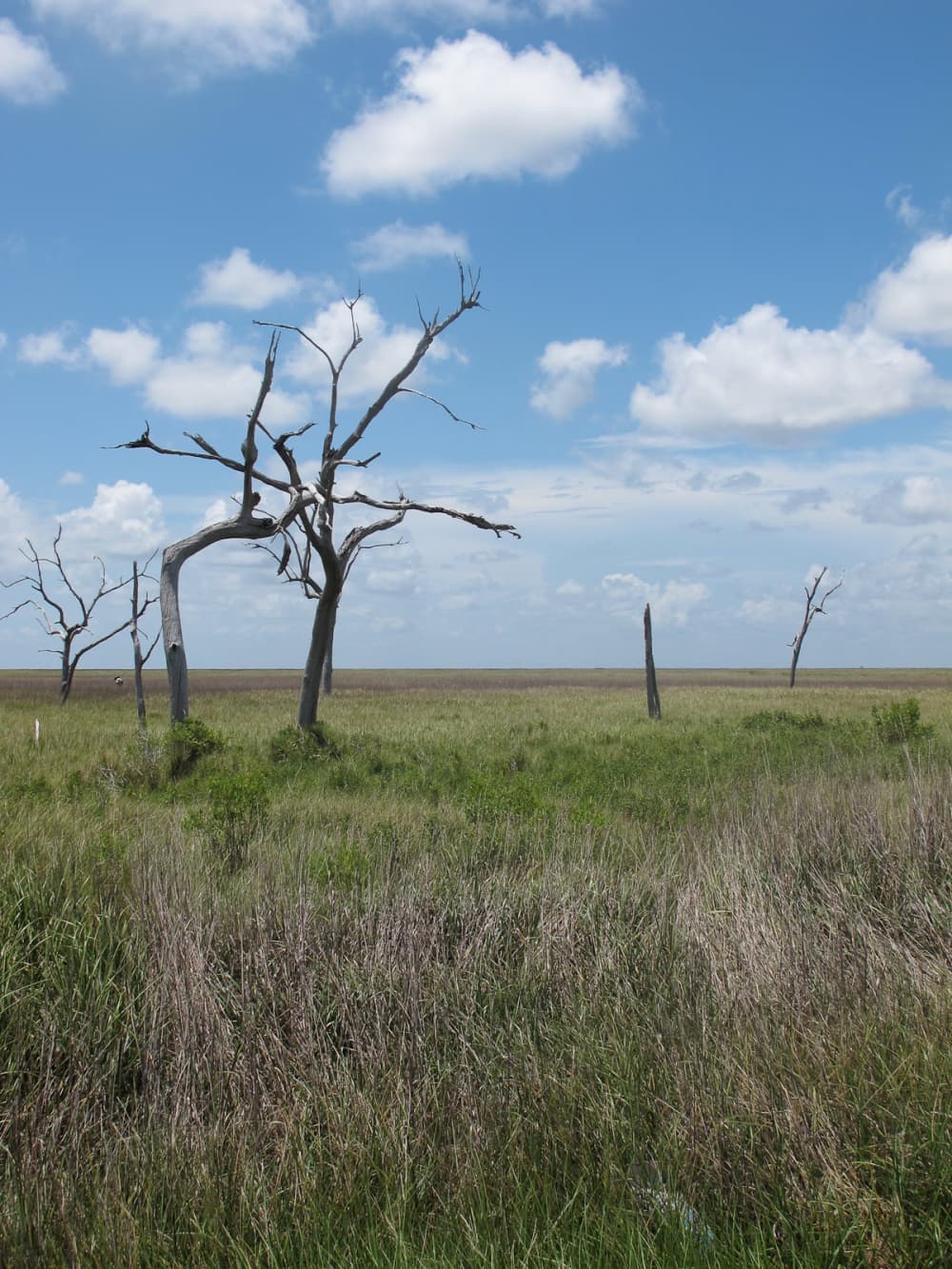 “Let’s hope,” our answer this time next year is indeed…“a good one.”Photo by Katie Oxford
“Let’s hope,” our answer this time next year is indeed…“a good one.”Photo by Katie Oxford
When our editor popped the question, "What things struck you in 2010?” I don’t know which part of me went to Louisiana first — my head or my heart.
The Gulf Oil disaster indeed struck many, and much. The environmental effects will continue to play out for who knows how long, or how deep. The life span of the legal mess . . . I barely have the stomach to bring up.
But there’s one thing the tragedy confirmed. Not the oil, or the bigger crime — the poison used to disperse it, not even politics could destroy what makes Louisiana so special. Something large companies (clearly not BP) don’t seem to have: Soul.
Soul was born in Louisiana. It grew up after Hurricane Katrina, matured even more after the oil spill, maybe.
Even oil-stained, soul is alive and well. It lives in the little people. And I can’t wait to see some of them when I return in January.
I spoke with a few on Thanksgiving Day and we visited as though I’d just left their house and some belonging behind. I did.
One thing seems unchanged and constant. The people of Louisiana are as connected to place as the marsh is to the Gulf. They are a living testimony of the power of place. As someone who shares in this sense, I find this, not the oil, most memorable.
I miss the colors of Louisiana. Variations, it seems, of a thousand greens. Growing from the ground up, covering tin roofs, rounding corners . . . creepy crawly things that are able to find the smallest crease and thrive. How beautiful a nature is this?
Red trawler boats, worn and peeling, yet still bright in color, like the smiling face of a bearded old man. The boats, like “face,” as a friend once wrote, “is all about character.”
I miss the vast sky with marsh that invites you to walk forth forever. Roll in it like a dog in cow manure. Sing.
I miss the people, too. They're fresh. They're funny in both humorous and odd ways, funny "haha" and funny peculiar. Their culture is not one of hurry. It’s a culture of present time and unforgotten courtesy. Giving a greeting or yielding to someone whether friend or stranger, in the grocery store or along the banks of the bayou, comes naturally to these folks.
I once pointed out to a cab driver in New Orleans, “You know, you ask someone for directions here and they’re happy as clams to help you.” The cab driver, sitting with a bible in the seat next to him, laughed instantly. “Oh yea!” he said, “we help people!” Indeed they do.
Perhaps now they, along with the rest of us, will just as willingly help their place — that one-of-a-kind environment that connects to our precious Gulf of Mexico and therefore, to us and millions of others.
John Lennon pops a great question, too, in his song, “Happy Christmas (War is Over)” and it speaks to me every year.
So this is Christmas
And what have you done
Another year over
And a new one just begun
Let’s hope, as he did, that our answer this time next year is indeed “a good one.”
Editor's note: This is the eighth in a series of articles CultureMap will be running this last week of 2010 on The Year in Culture. The stories in this series will focus on a key point or two, something that struck our reporting team about the year rather than rote Top 10 lists or bests of.
Other The Year In Culture stories:
Organic, sustainable, local: The words that now dominate food
Demolishing the doldrums: Office towers somehow keep rising in Houston
Less blockbuster, more indie surprises: A call for fewer Texas-sized art exhibits in 2011
Forget The Social Network, it's all about keeping mom off Twitter
On the store front: H-E-B's final plan for Montrose market has a neighborly attitude
Houston chefs turn into celebrity spouses and I find a new partner
It's the year of the "gaybie:" Elton John is the latest proud parent
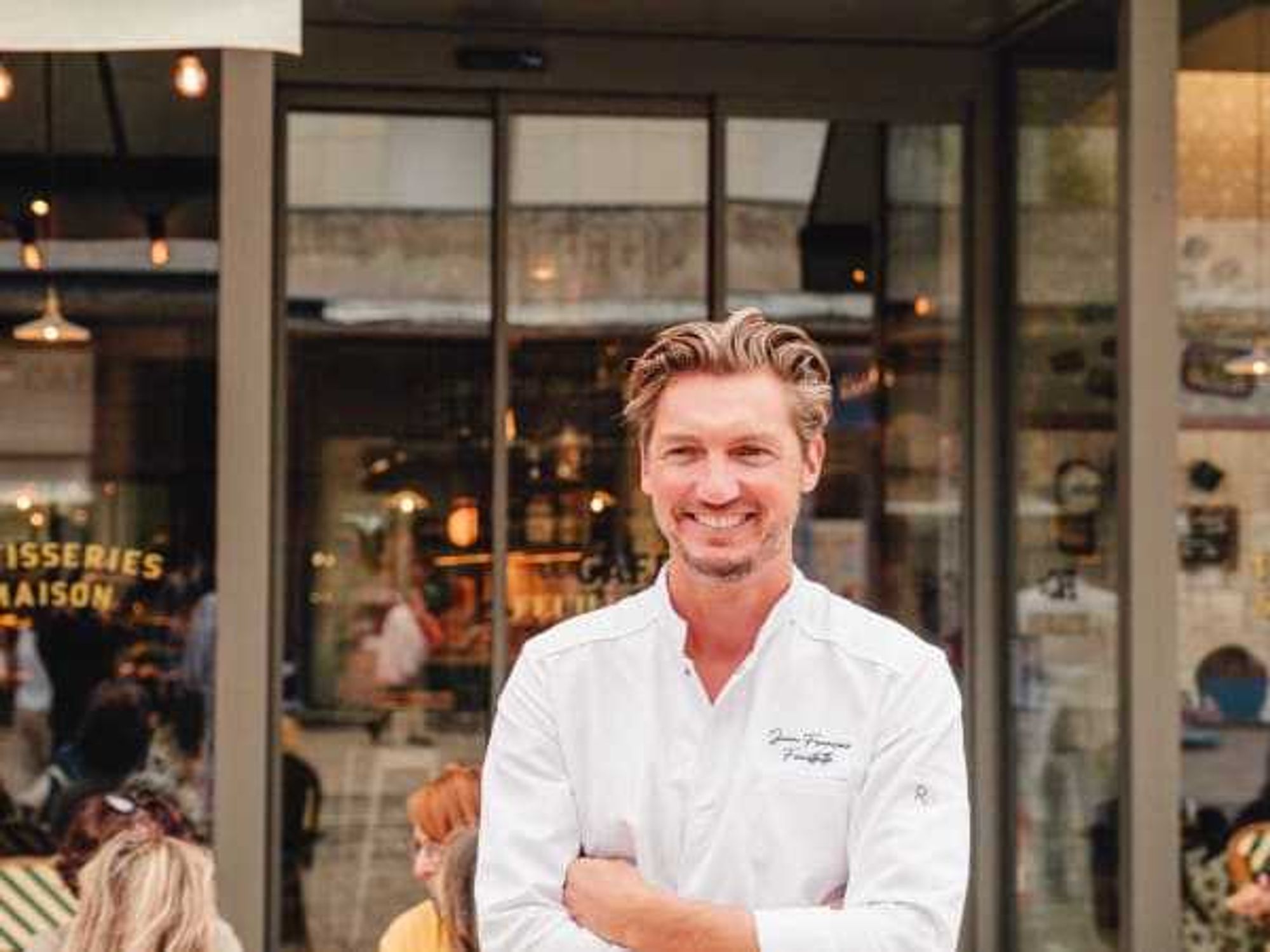
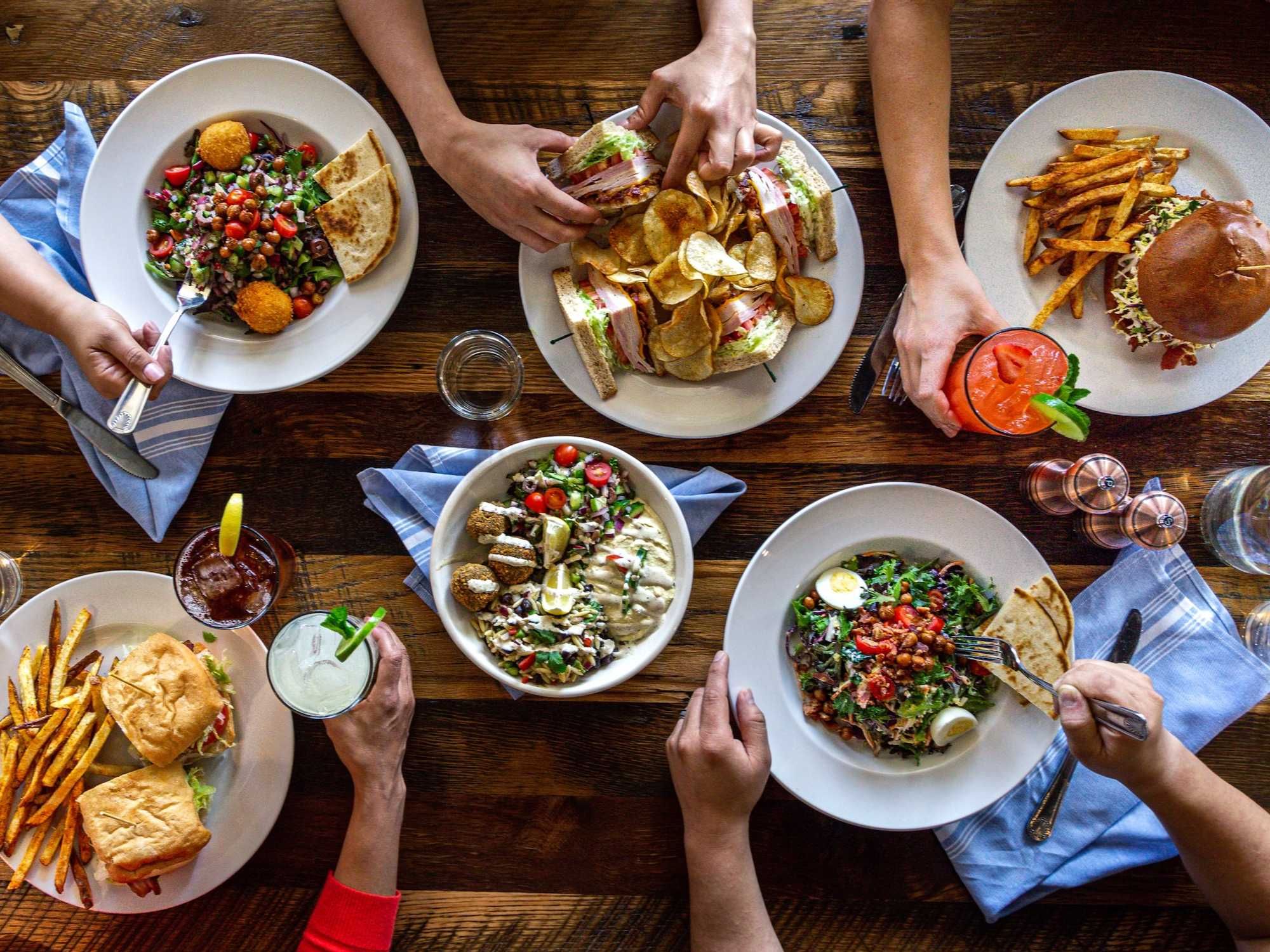 Coming soon to Missouri City.
Coming soon to Missouri City.